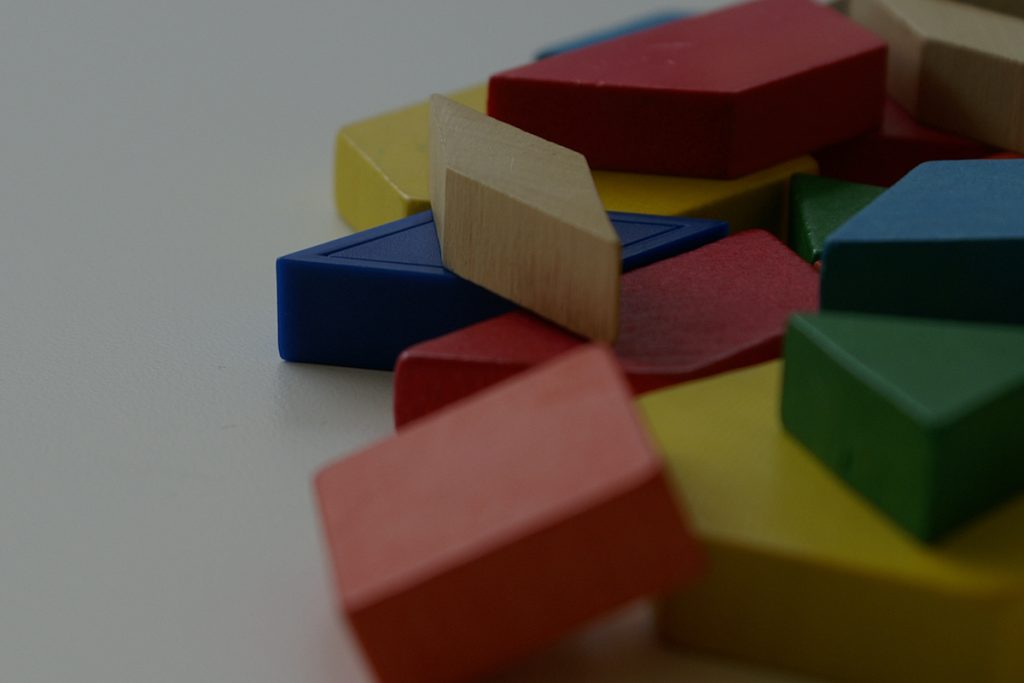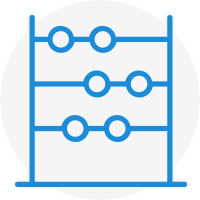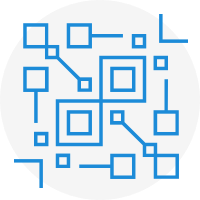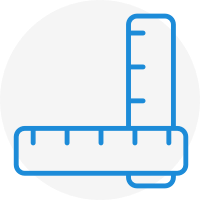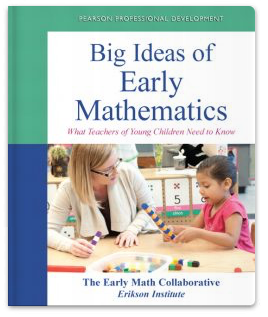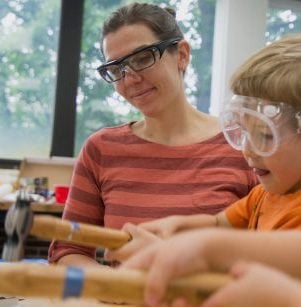Our set of Big Ideas map the key math concepts young children need to explore between the ages of 3 and 6. Big Ideas are foundational to lifelong mathematical thinking and can guide teaching and learning in the early childhood years. They are organized by topic here and in our book, Big Ideas of Early Mathematics: What Teachers of Young Children Need to Know. Learning early mathematics means opportunities to play around with and talk about big math ideas.
Sets
Sets are basic to children’s thinking and learning. They are also basic to our number system. We often fail to appreciate how much of young children’s lives—and above all their play—involves thinking about and working with sets of things.
EXPLORE SETS
Number sense
Number sense is the ability to understand the quantity of a set and the name associated with that quantity. The transition from an innate, informal number knowledge to a conventional understanding of number sense is a major cognitive development.
EXPLORE NUMBER SENSE
Counting
Counting is a part of young children’s daily life. They love to count everything from the stairs they climb to the crackers they eat. But what is counting? Counting seems very simple, but it is really quite complex.
EXPLORE COUNTING
Operations
When children focus on what happens when we join two sets together or separate a set into parts, they learn about how quantities change. When they have lots of experience comparing amounts, they become familiar with thinking about differences between sets.
EXPLORE OPERATIONS
Pattern
Pattern is less a topic of mathematics than a defining quality of mathematics itself. Mathematics “makes sense” because its patterns allow us to generalize our understanding from one situation to another.
EXPLORE PATTERN
Measurement
Measurement is any process that produces a quantitative description of an attribute, such as length, circumference, weight, temperature, volume, or number. Measurement is an essentially mathematical procedure that we apply in many different contexts.
EXPLORE MEASUREMENT
Data Analysis
Data analysis can be very simple, like making a list of items and writing how many you have of each in parentheses, or creating and talking about a bar graph whose bars are higher for snowy than rainy days in the month of January.
EXPLORE DATA ANALYSIS
Spatial Relationships
Children between the ages of 3 and 6 are more than ready to develop their skills at expressing directions from different locations and understanding relative positions. With Big Ideas learning early mathematics includes learning about spatial relationships.
EXPLORE SPATIAL RELATIONSHIPS
Shape
Everything in the material world has shape. In mathematics, the focus is very much on regular shapes, such as the two-dimensional circle, triangle, and rectangle and the three-dimensional solids known as spheres and polyhedrons.
